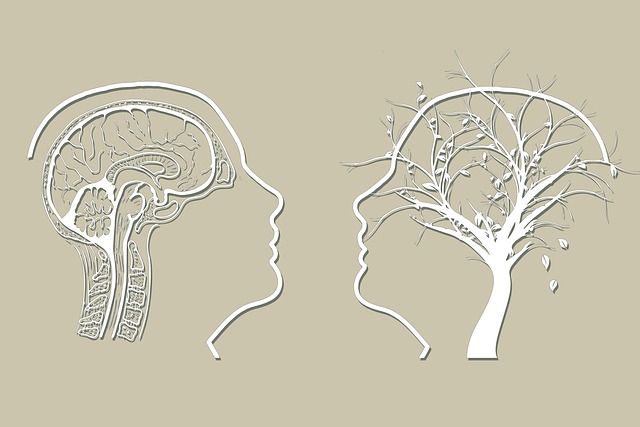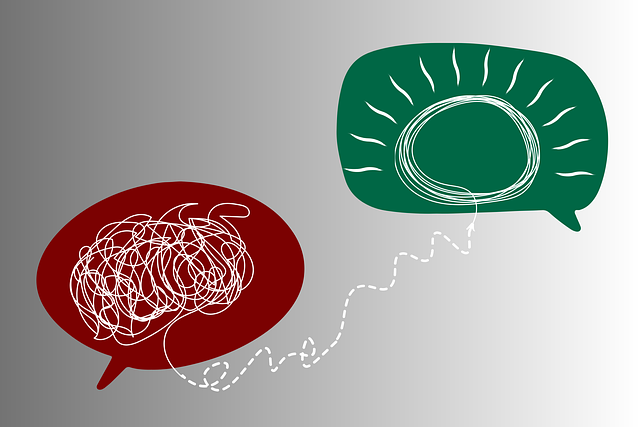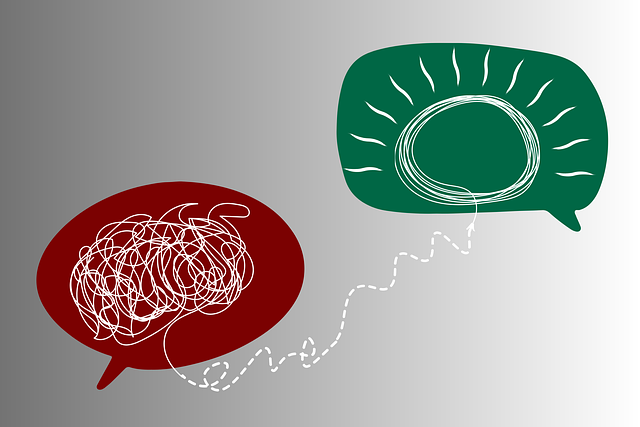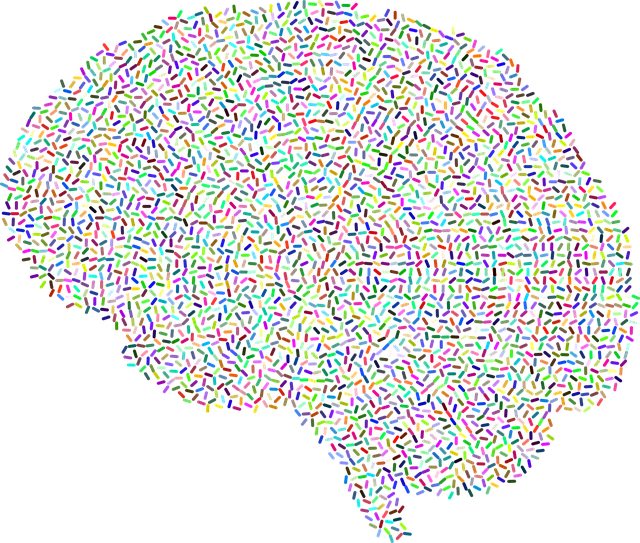Golden Spiritual-Religious Issues Therapy (GSRIT) is a powerful approach to healing after loss, addressing spiritual and religious aspects crucial for mental well-being. This therapy provides a safe space for individuals to explore their emotions, reconnect with faith, and find personal meaning through present-moment awareness and non-judgmental acceptance. By integrating mindfulness, positive thinking, and stress management workshops, GSRIT equips clients with tools for emotional resilience and lasting coping skills during bereavement.
Loss, grief, and bereavement counseling are essential aspects of healing and growth after a significant loss. This article explores the human experience of grief, delving into the roles of spiritual-religious issues and therapeutic approaches that facilitate healing. We discuss how integrating golden principles can lead to sustained well-being. Understanding loss and its impact is the first step towards personal growth, with therapy playing a crucial role in navigating these challenging times. From spiritual perspectives to effective therapy techniques, this guide offers insights for those seeking solace and strength.
- Understanding Loss, Grief and Bereavement: The Human Experience
- The Role of Spiritual-Religious Issues in Counseling
- Therapeutic Approaches for Healing and Growth
- Integrating Golden Principles for Sustained Well-being
Understanding Loss, Grief and Bereavement: The Human Experience

Understanding loss, grief, and bereavement is a profound aspect of the human experience. It’s a natural response to significant life changes and separations, encompassing a complex interplay of emotions, memories, and physical sensations. Loss can stem from various sources, including the passing of a loved one, ending relationships, major life transitions, or even unexpected traumas.
Grief and bereavement are deeply personal journeys that vary widely in duration and intensity. They involve a process of adjustment to a new reality without the presence of a significant figure or aspect of one’s life. Through this challenging period, individuals often seek support to navigate stress reduction methods, self-esteem improvement, and risk management planning for mental health professionals. Golden spiritual-religious issues therapy offers a safe space to explore these emotions, providing valuable tools to help individuals heal, adapt, and ultimately find solace in their journey of bereavement.
The Role of Spiritual-Religious Issues in Counseling

In the context of loss, grief, and bereavement counseling, addressing spiritual-religious issues can play a significant role in healing and restoration. Many individuals find solace and comfort in their faith during difficult times, drawing strength from religious beliefs and practices. Incorporating these aspects into therapy sessions allows counselors to provide a holistic approach, recognizing the profound impact of spirituality on mental health. By discussing spiritual-religious issues, therapists can help clients explore their sense of purpose, cope with existential questions, and find meaning in their experiences, which is particularly beneficial for those navigating profound loss.
The integration of golden spiritual-religious therapy principles into counseling practices has shown promise in reducing the stigma associated with mental illness, especially when combined with trauma support services. It fosters a supportive environment where individuals can openly discuss their beliefs without fear of judgment. This inclusive approach enhances mental health awareness and encourages clients to seek help, recognizing that spirituality and mental well-being are intricately linked. Ultimately, acknowledging and addressing spiritual-religious issues in counseling can lead to more effective support for those dealing with grief and bereavement.
Therapeutic Approaches for Healing and Growth

Healing and growth after loss are achievable through various therapeutic approaches. One such method is Golden Spiritual-Religious Issues Therapy (GSRIT), which explores an individual’s spiritual beliefs and religious practices to foster coping mechanisms and enhance resilience. This therapy provides a safe space for clients to navigate their emotions, connect with their faith, and discover personal meaning in their grief journey.
Incorporating Burnout Prevention strategies is another valuable aspect of counseling. By teaching individuals techniques for stress management, such as mindfulness and Positive Thinking, counselors empower them to maintain self-care practices. These workshops often form part of a broader organization’s initiative to promote mental well-being, ensuring individuals have the tools to manage their grief and prevent long-term stress-related issues.
Integrating Golden Principles for Sustained Well-being

Integrating Golden Principles for Sustained Well-being offers a unique approach to addressing loss, grief, and bereavement. These principles, often rooted in spiritual and religious practices, provide a framework that goes beyond traditional therapy. By incorporating mindfulness meditation techniques and focusing on the development of coping skills, individuals can navigate their emotional journeys with greater resilience. Mindfulness practices help people stay present, acknowledging their feelings without judgment, which is crucial for processing grief.
Incorporating Golden Spiritual-Religious Issues Therapy allows for a holistic exploration of one’s beliefs and values, fostering a sense of purpose and connection during challenging times. Stress management workshops organized by such therapy centers empower individuals with tools to cope effectively, promoting emotional well-being. This integrated approach ensures that those dealing with loss have access to both practical coping skills and spiritual support, enabling them to cultivate lasting resilience in the face of bereavement.
Loss, grief, and bereavement counseling are essential aspects of healing and personal growth after a significant loss. By understanding the human experience of grief, therapists can provide support tailored to each individual’s unique journey. Integrating spiritual-religious issues into therapy offers a holistic approach, allowing clients to find comfort and meaning through their beliefs. Therapeutic techniques, such as cognitive-behavioral therapy and mindfulness practices, facilitate healing and adaptation. Moreover, embracing golden principles like self-compassion and resilience enables individuals to cultivate sustained well-being and navigate life’s challenges with enhanced resilience.











